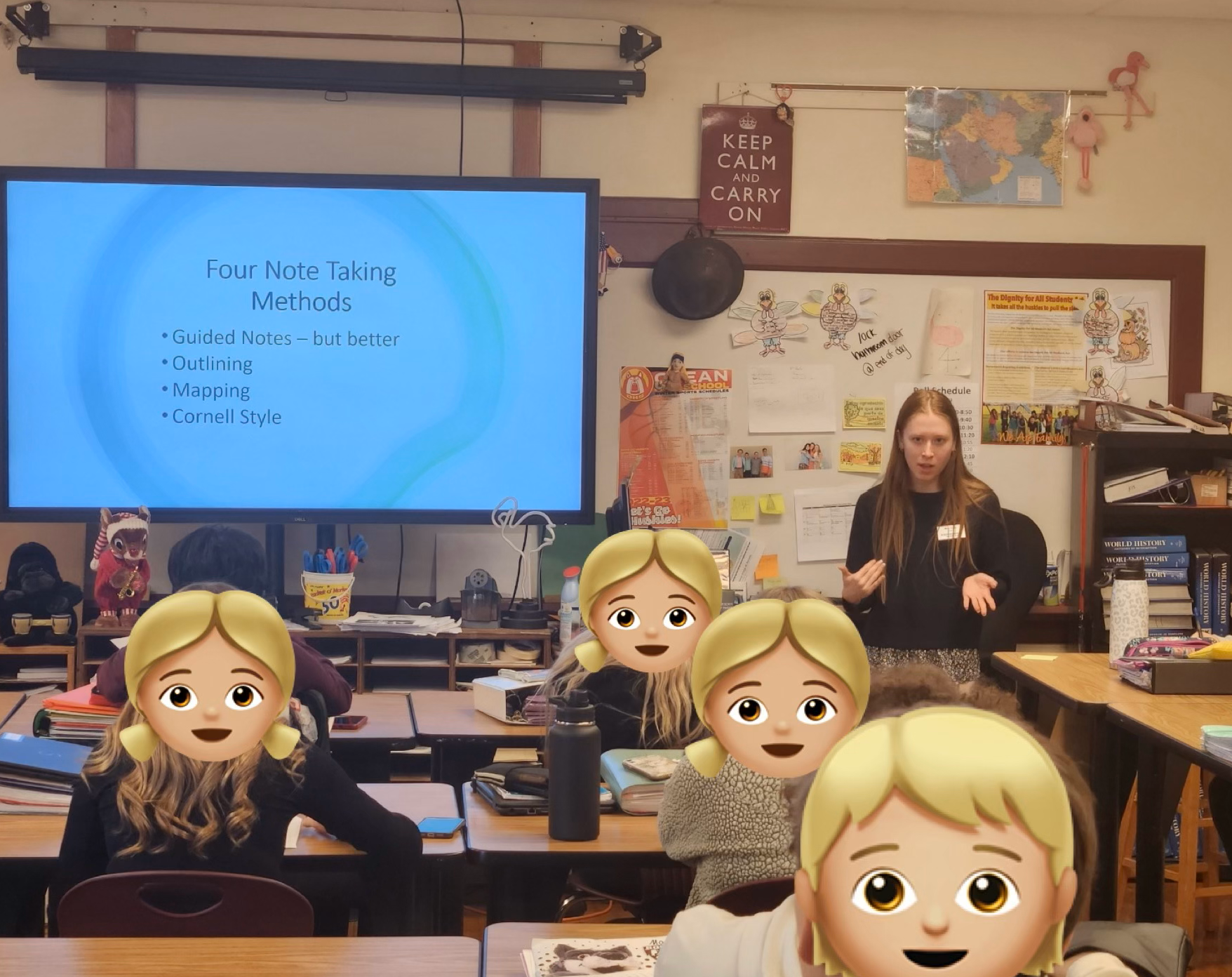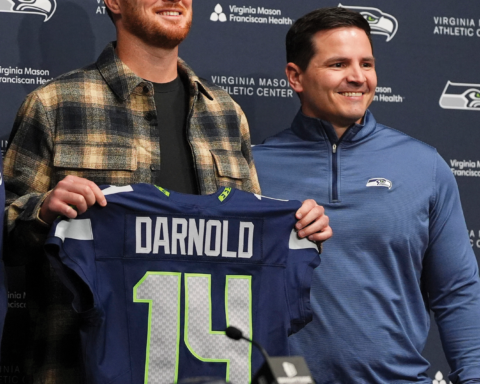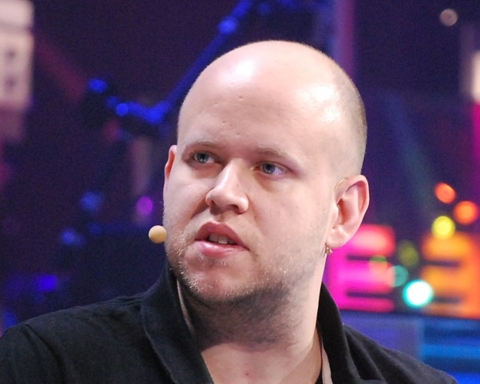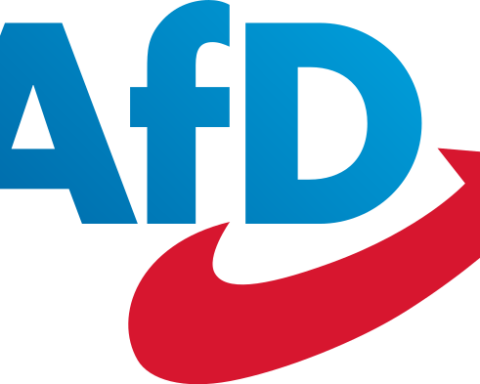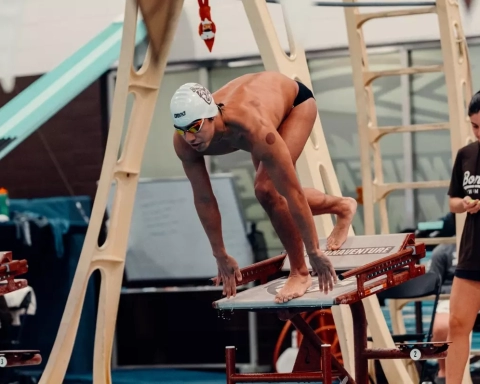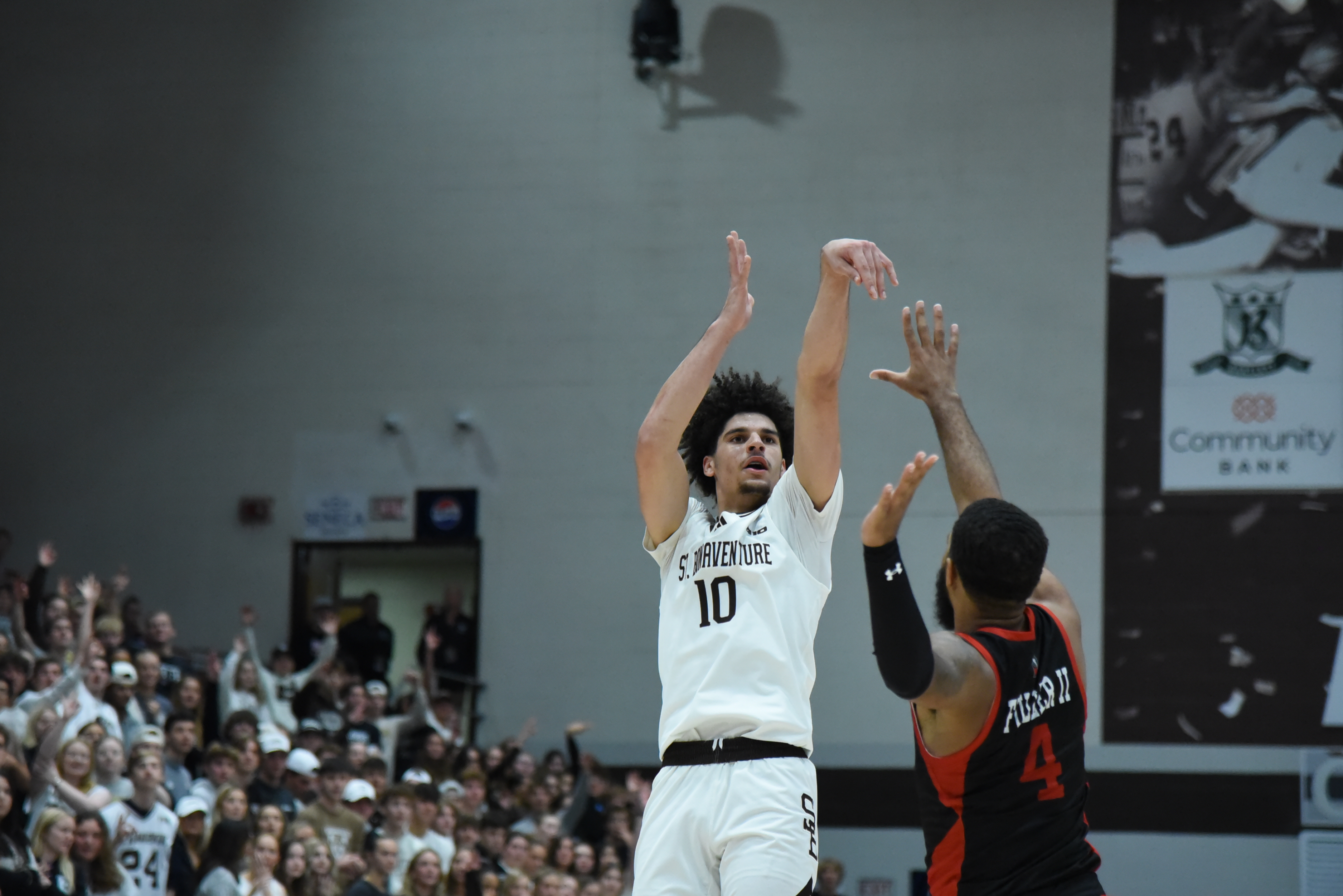Photo Courtesy: Lorelei Kelley
By: Kelsey Purcell, Features Staff
Lorelei Kelley, a junior adolescence education and history major at St. Bonaventure University, spends her Tuesdays and Thursdays at Olean High School, observing classes and teaching lessons.
Education majors must complete many required clinical and field internships in order to graduate. These experiences are unpaid. Other majors have similar required experiences, usually called internships. Often, students studying other feilds find paid internships.
Education majors do not have that luxury. They have to complete their experiences without being paid. Some even have to pay to be able to have the opportunity to complete the required experiences.
Kelley said freshmen in Bonaventure’s education programs have to complete 10 hours of observation at local schools.
“Sophomores have to do 20 hours of tutoring at local schools, which is required for one of their education classes,” Kelley said.
As juniors, education majors complete field block. Students don’t have classes on Tuesdays and Thursdays. Instead they are placed in a local school to observe classes and teach lessons. On top of this, they take a full course load. .
“Field block is only twice a week,” Kelley said. “ College students teach one-to-two preps or classes.”
Students in field block need to review material, create lesson plans and teach content. This includes coming up with warm-up activities, coming up with discussion questions creating PowerPoints and notes packets, and developing projects for their students.
“Senior year, we have to student teach for one semester,” said Kelley. “Student teaching is every day.”
Students do not get reimbursed for transportation or gas money. So, they have to find and pay for transportation themselves. That means paying for gas, and for some it means making car payments, too.
“My sophomore year, I had to drive to Salamanca for tutoring,” Kelley said. “I know kids who are going to Jamestown, and they don’t get reimbursed for any of the money they’re spending on gas.”
Education majors have to pay money before starting field block and student teaching.
“I had to pay $150 to do field block,” said Kelley.
While education majors are busy with field block and student teaching, it can be difficult to work other jobs.
“We were actually encouraged not to work during field block because we’re taking so many classes and basically working part time, but it’s unpaid,” Kelley said.
Other majors are encouraged to find paid internship experiences and stay away from unpaid internships. Unpaid internships are considered free labor by some professors and academic advisors.
Tatum Stitzel, junior accounting and finance major, interns at Buffamante Whipple Buttafaro, an accounting firm in their Olean branch.
Stitzel said she appreciates that her internship is paid, since she works almost 20 hours a week. But she is also just happy to have the opportunity to learn from the accounting firm.
“I would be okay with an unpaid internship, because I enjoy the experience,” Stitzel said. “It gives me a better idea of what I want to do in the future.”
Kelley said she understands that she chose this major, but watching her friends have internships that pay between $17 and $20 an hour, get bonuses and get credit for their work is frustrating.
“I realized I chose this, but it just shows that the inequities between teaching and other careers starts in college,” Kelley said.

